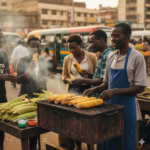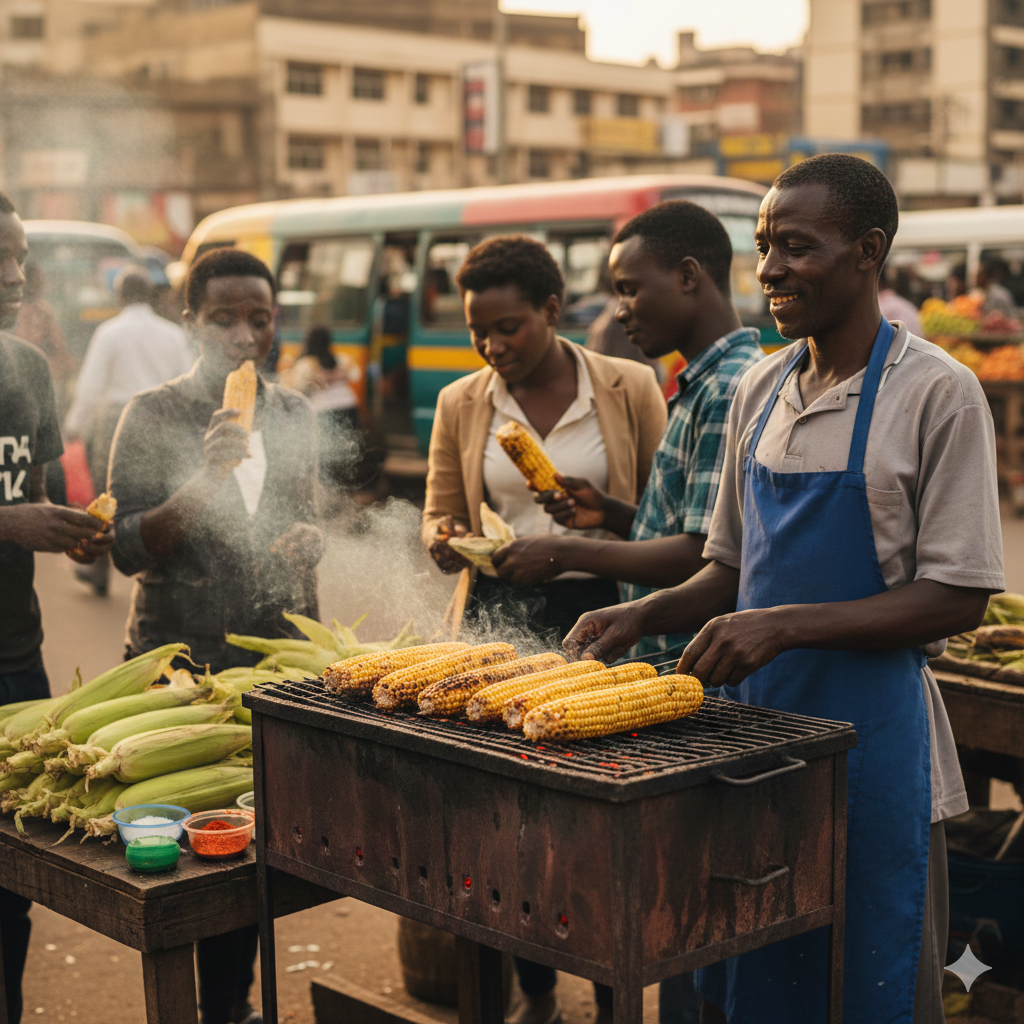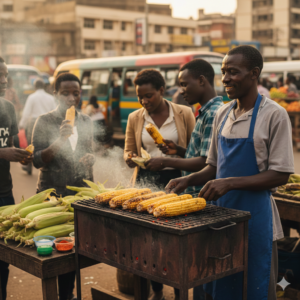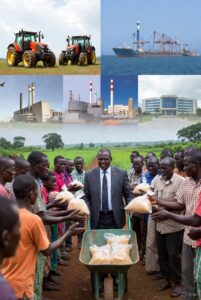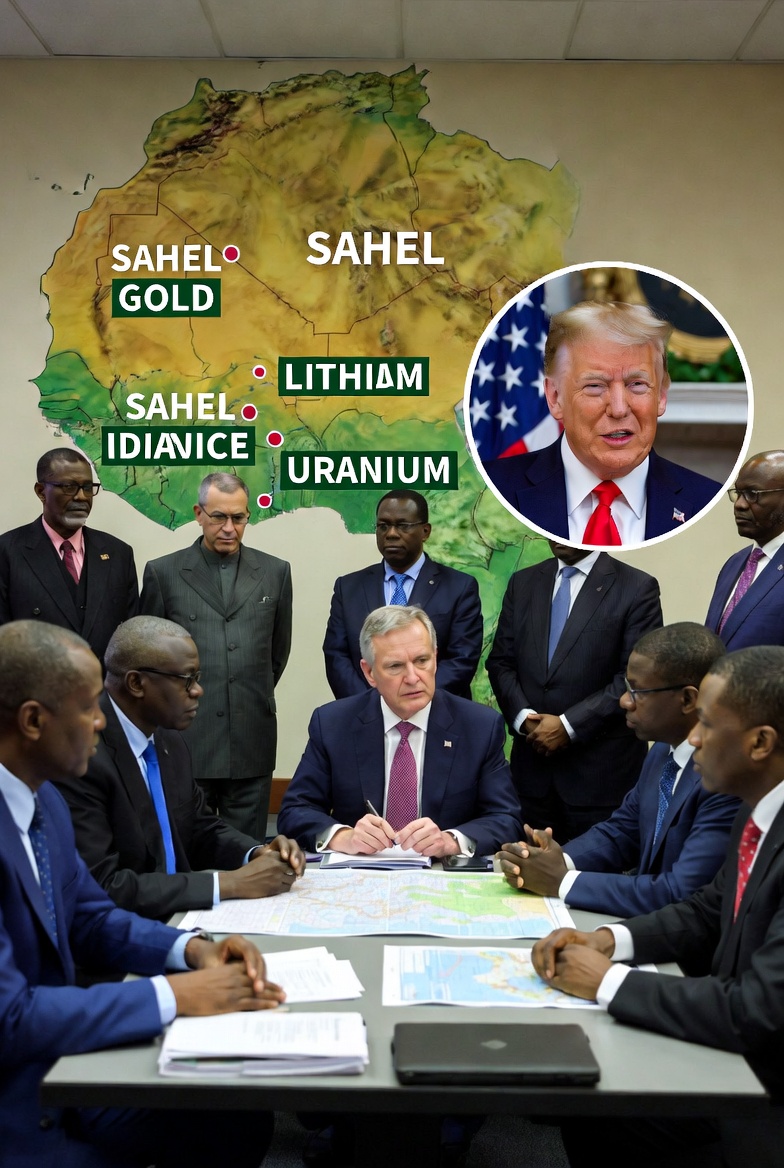Dangote Oil Refinery Project: A Game-Changer for Nigeria and Africa
The Dangote Oil Refinery Project, initiated by Africa’s wealthiest individual, Aliko Dangote, is set to redefine the oil industry landscape in Nigeria and across Africa. Announced in 2013, the project aims to render Nigeria self-sufficient in petroleum products and transition it into a net exporter. Initially estimated to cost between $9 billion and $14 billion, the project’s budget has escalated to approximately $19 billion due to delays, increased scope, and rising material costs. Located in the Lekki Free Zone near Lagos, the refinery boasts a processing capacity of 650,000 barrels of crude oil per day, making it one of the largest single-train refineries globally.
Construction and Challenges
The construction of the refinery has not been without its challenges. The project faced several hurdles, including delays caused by the global health crisis, difficulties in importing essential equipment, and the complexities of building such a vast infrastructure. Initial site preparations involved significant land reclamation due to swamp conditions, necessitating the elevation of the land to mitigate future sea-level rise risks. Despite these obstacles, ongoing design upgrades have increased the refinery’s capacity and efficiency.
Operational Launch
The commissioning of the refinery was a notable occasion, attended by prominent political figures. Production commenced in January 2024, starting with diesel and aviation fuel, before expanding to gasoline. This marked a pivotal moment for Nigeria, as the nation seeks to eliminate reliance on imported refined products, a major burden on its economy due to fuel subsidies and import costs. By September 2024, the refinery successfully began processing gasoline, signaling a new era for Nigeria’s oil sector.
Economic Impact and Future Outlook
The Dangote refinery is expected to create thousands of jobs, stimulate local economies, and save Nigeria billions in foreign currency previously spent on fuel imports. It aims to fulfill all of Nigeria’s refined product demands while also producing surplus for export, potentially reshaping both regional and global fuel trade dynamics. However, challenges such as securing a stable local crude supply and navigating currency devaluation remain critical for the project’s success. The refinery also strives to adhere to high environmental standards, aligning with international emission regulations.
Explore More
Public and Expert Reactions
Public reception has been mixed, with many expressing hopeful anticipation for more affordable and reliable fuel sources. However, skepticism remains regarding the refinery’s ability to resolve all fuel-related challenges in Nigeria. Analysts note that while the project is a transformative venture, addressing underlying issues like oil theft, pipeline infrastructure, and domestic crude supply is essential for realizing its full potential.
Impact of the Dangote Oil Refinery on Nigeria’s Economy
The Dangote Oil Refinery project has significantly influenced various aspects of Nigeria’s economic landscape:
GDP Growth
Analysts anticipate that the refinery will play a crucial role in enhancing Nigeria’s GDP. A report from Analysts Data Services and Resources (ADSR) indicates that once operational, the refinery could elevate Nigeria’s GDP growth from 4.15% in 2024 to 6.21% by 2030, showcasing its potential for long-term economic development.
Foreign Exchange Savings
By decreasing Nigeria’s dependence on imported petroleum products, the refinery is projected to save the country between $25 billion and $30 billion annually in foreign currency. This decline in import costs is expected to alleviate pressure on the Nigerian naira and bolster the nation’s foreign exchange reserves.
Inflation and Fuel Prices
Although the refinery has not yet achieved the anticipated reduction in fuel prices, it holds the potential to stabilize them by minimizing the volatility associated with fuel imports. The removal of fuel subsidies, along with local refining, could lead to more consistent pricing in the future, although this has not been fully realized due to various operational and supply challenges.
Employment and Poverty Reduction
The project is expected to create both direct and indirect job opportunities, with projections of employing at least 100,000 Nigerians when fully operational. This job creation is crucial for improving economic indicators such as labor force participation and reducing unemployment and poverty rates.
Government Revenue
The refinery is likely to boost government revenue through taxation and by alleviating the financial burden of fuel subsidies. Savings from these subsidies could be redirected toward public investments in infrastructure, healthcare, and education, further enhancing economic growth metrics.
Trade Balance
With the capacity to meet domestic demand and produce surplus for export, the refinery could positively impact Nigeria’s trade balance. This shift would transform Nigeria from one of Africa’s largest importers of refined petroleum to a potential net exporter, improving trade balance statistics.
Investment Climate
The success of the Dangote Refinery is also expected to attract increased foreign direct investment into Nigeria’s oil and gas sector, promoting growth across upstream, midstream, and downstream activities, which in turn could enhance investment-related economic statistics.
Challenges Ahead
Despite these potential benefits, several challenges could temper the expected impacts:
- Crude Supply Issues: The reliance on imported crude due to local production shortages may affect the refinery’s profitability and the anticipated economic advantages.
- Environmental Concerns: The environmental ramifications of operating such a large refinery could pose long-term economic challenges, especially regarding Nigeria’s commitments to net-zero emissions, which may necessitate further investments in sustainable technologies or practices.
- Market Dynamics: Transitioning from an import-dependent nation to one that is self-sufficient in refining involves navigating complex market dynamics, such as competition with existing players and ensuring adequate infrastructure for domestic distribution.
Featured Posts
- How to Start a Mahindi Choma Business in Nairobi: Ksh 5,000 Daily ProfitSpread the loveProfitable Mahindi Choma Business in Nairobi: The Ultimate 2026 Guide Introduction In the heartbeat of Nairobi—from the busy pavements of Upper Hill to the crowded stages of Embakasi—one scent reigns supreme: Mahindi Choma. While others look for complex tech startups, smart entrepreneurs are looking at the grill. The roasted maize business is a high-yield, recession-proof venture that turns a humble Ksh 15 cob…
- Where to Invest in Kenya 2026: Top 5 High-Return Sectors & Business OpportunitiesSpread the loveBest Performing Sectors and Investment Opportunities in Kenya: 2026 Strategic Guide Executive Summary Kenya’s economy has demonstrated remarkable resilience since 2023, with GDP growth stabilizing at 4.7% in 2024 despite global headwinds and domestic fiscal pressures. This comprehensive analysis examines the top-performing sectors, identifies emerging investment opportunities, and provides actionable strategies for entrepreneurs navigating Kenya’s complex economic landscape in 2026. Economic Context: 2023-2025…
- How to Start a Butchery Business in Kenya: Costs, Licences, and Tips (2026)Spread the love How to Start a Butchery Business in Kenya: Costs, Licenses, and Tips (2026) Starting a butchery in a major Kenyan city like Nairobi, Mombasa, or Kisumu is a classic high-reward venture. While the demand for protein is constant, the urban consumer in 2025 is more discerning than ever, prioritizing hygiene, convenience, and specialized cuts. If you’re looking to tap into this market,…
- U.S. Airstrikes in Nigeria: Geopolitical Manoeuvre or Resource Grab?Spread the love Christmas Strikes in Sokoto Humanitarian Rescue or the New “Scramble for Africa”? The peaceful silence of Christmas Day 2025 was shattered in Northwest Nigeria, not by celebration, but by the roar of American Tomahawk missiles. In a move that has sent shockwaves from Abuja to Washington, the U.S. launched targeted airstrikes against ISIS-affiliated militants in Sokoto State. While the smoke clears over…
- How to Start a Profitable Salon in Kenya (2026): Costs, Licences, and RequirementsSpread the love Opening a Salon in Kenya: A 5-City Cost & Licensing Comparison (2025) Thinking of setting up a salon in Kenya? While the Business Registration Service (BRS) fee is a flat KES 950 nationwide via eCitizen, your operational costs will change the moment you pick a city. From the premium streets of Nairobi to the fast-growing hubs of Kisii and Nakuru, here is…
- The Difference Between Hospitality and Entertainment Establishments Under Kenyan LawSpread the love The Difference Between Hospitality and Entertainment Establishments Under Kenyan Law In Kenya’s vibrant economy, the hospitality sector is a major pillar. However, for entrepreneurs and travelers alike, the legal lines between a “Hotel,” a “Villas,” or a “Nightclub” can be blurry. In the eyes of the law—specifically the Tourism Act and the Alcoholic Drinks Control Act—these distinctions dictate your taxes, your operating…
- Is Ruto’s Handout Economy Hijacking Kenya’s Future? Why Patronage Over Progress Spells National Disaster.Spread the loveKEY INQUIRY QUESTION Singapore Built Skyscrapers with No Land — Why Are We Satisfied with Unga Packets and Brown Parcels? When a leader consistently prioritizes spending large amounts of public money on lavish gifts, ceremonies, handouts, or prestige projects—while systematically underinvesting in technology, agricultural modernization, infrastructure, or other productive sectors—it almost always indicates one or more of the following political and governance realities:…
- SHA: Emergency Evacuation and International Referrals – Access to Critical CareSpread the loveSHA: Emergency Evacuation and International Referrals – Access to Critical Care Life-Saving Transportation and Overseas Treatment Coverage Medical emergencies don’t always happen near quality healthcare facilities, and some conditions require treatment unavailable in Kenya. The TSC-POMSF scheme includes comprehensive evacuation and international referral benefits to ensure you can access the care you need, wherever it’s available. Medical Emergency Road and Air Evacuation What…
- SHA: Dental and Optical Benefits – Caring for Your Smile and VisionSpread the loveSHA: Dental and Optical Benefits – Caring for Your Smile and Vision Comprehensive Coverage Beyond General Medical Care The TSC-POMSF scheme recognizes that complete healthcare extends beyond treating illnesses—it includes maintaining your dental health and vision. Here’s what’s covered for all teachers, regardless of job group. Dental Benefits – KSh 45,000 Per Year Every teacher receives the same dental allocation: KSh 45,000 annually,…
- SHA: Maternity Coverage – Comprehensive Care for Growing FamiliesSpread the loveSHA: Maternity Coverage – Comprehensive Care for Growing Families Supporting Teachers Through Pregnancy and Childbirth The TSC-POMSF scheme recognizes that welcoming a new child is one of life’s most significant events, and it provides comprehensive maternity coverage to ensure both mother and baby receive quality care without financial stress. Who Qualifies for Maternity Benefits? Critical Eligibility Note: Maternity benefits are available ONLY to:…

